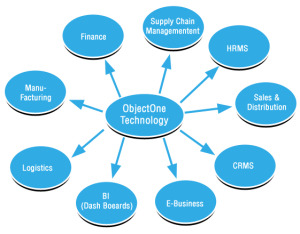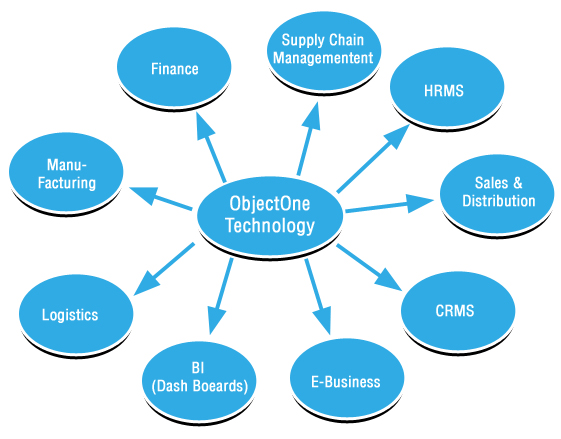The benefits of an integrated supply chain to the wholesale industry
The wholesale industry is divided into two main sectors, the durable and non-durable wholesale goods industry. SAP, a global company dealing in enterprise software, frames the main challenges of a wholesale supplier into three categories.
- Maintaining adequate inventory to meet demand
- Minimizing the cash dedicated in stock
- Maintaining a high service level
To address the three challenges, wholesale distributors need to carry out several activities, both complex and interrelated. A typical wholesale firm’s time is consumed in four ways:
- Analyzing internal and external demand
- Managing transport
- Performing warehouse functions for accurate and on-time order fulfillment
- Reviewing performance of the supply chain.
Despite performing these uphill tasks, most of the wholesale firms lack knowledge of their asset utilization ratio (Asset Turnover = Sales Revenue/Total Assets), customer satisfaction and supply chain analytics.
It results into three negative outcomes for a wholesale company; inadequate or excessive inventory, idle cash bound in stock and below average service level.
Average profit margin for wholesalers is generally low, and supply chain inefficiencies can thin out the already-low margins of wholesalers.
Here, supply chain integration comes in handy, and provides the following five benefits to wholesale suppliers.
Cost reduction
Base cost, delivery time and uncertainty of demand/supply are major cost drivers in a wholesaler’s supply chain.
Supply chain integration software allows wholesale companies to run rapid simulations and rehearse the planning scenarios in real time. Supply chain management software is fed with demand, supply and financial data.
Wholesalers can calculate the expected changes in demand/supply, and eliminate the costs incurred on stock-outs and excessive inventory scenarios.
Access to information & analysis tools
Only 19% of the wholesale companies, surveyed by Grant Thornton, say that they have completely actionable data captured from their supply chain operations. Remaining 81% are making their decisions blindly.
Integrated supply chain management, wired into software, delivers with information access platform and enterprise-wide data. Both these elements of supply chain are critical for wholesaler’s decision making process.
Deloitte, a global consultancy firm declares supply chain data as the ‘gold-mine’ for wholesalers and retailers. The historical data trapped in wholesaler’s transaction system can provide predictive insights through the use of an integrated information collection and analysis system.
Improvement in inventory turns
Wholesalers should analyze total cost of ownership of every procurement decision that they make. Inventory turnover is the (X) number of times that a wholesaler’s inventory converts to sales in one month.
Wholesalers should be selling their inventory faster and better.
One major benefit of an integrated supply chain management system is that it allows wholesalers to analyze which merchandise sits idle in their warehouse. As a result, the wholesalers can reduce the sludge that does not sell frequently and instead store merchandise that has a higher recovery value.
Integration of SCM helps a wholesaler to remove slow-moving stock from the warehouse. The cash is bound to stock that has high turnover ratio. Thus, cash dedicated in stock delivers a high ROI to the wholesale company.
Improvement in customer services
According to Accenture, B2B companies can thrive only if they become reliable partners executing their business through a service-centric business model.
According to 2013 statistics published by NAW, wholesale trade was 5.6% of the U.S GDP making it the 5th largest sector of the economy. The biggest gain that wholesale traders can achieve is in business process integration.
Retail sales industry, biggest customer segment of wholesalers, often complain of wholesaler’s process and product anomalies. Wholesalers can eliminate failure points in their supply chain by developing procure-to-pay process visibility, through supply chain integration.
Lessons Learned
Improvement in cost structure, better accessibility of information collection and data analysis tools, increase in inventory turnover and maintenance of high service level are tangible benefits of integrating and automating your supply chain. The outcome is the ready availability of diverse and actionable data obtained from various processes, functions and silos.







![[Infographic] What are the 4 Basic Layers of an IoT Service Oriented Architecture?](https://alliedc.com/wp-content/uploads/2015/03/IoT-4-Layers-of-SOA-2-150x150.png)